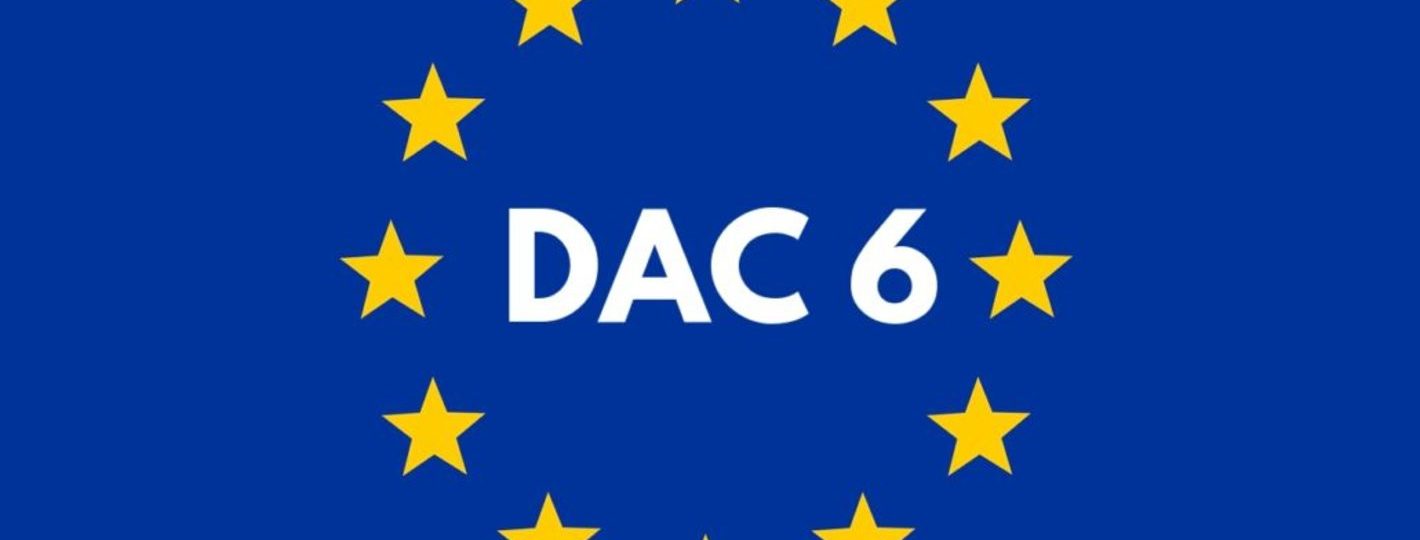
On 25 May 2018, the Council of the European Union (EU) adopted a Directive on the mandatory disclosure and exchange of cross-border tax arrangements (DAC6). Under the new rules of DAC6, intermediaries such as tax advisors, accountants and lawyers that design, promote or implement tax planning schemes are required to report potentially aggressive tax arrangements to their tax authorities. The Netherlands has recently implemented the Directive in national legislation, as is required for all EU Member States. The new rules will enter into force on 1 July 2020.
What: mandatory disclosure
Intermediaries based in the EU will be obliged to submit information (mandatory disclosure) on ‘reportable cross-border arrangements’ to their national tax authorities. Under the Directive a 'reportable cross-border arrangement' refers to cross-border transactions that meet certain characteristics, the so-called 'hallmarks'. The geographical scope of the new reporting requirements comprises arrangements involving at least one EU Member State and another state (inside or outside the EU).
The hallmarks are broadly scoped and represent certain typical characteristics of tax planning arrangements which potentially indicate tax avoidance or abuse of direct taxes. Such features occur, for example, with transactions where a tax-deductible payment is made to a company that is situated in a country that levies (virtually) no tax. For several hallmarks, the arrangement only becomes reportable if the tax advantage is the main objective or one of the main objectives of the transaction, the so-called 'main benefit test'.
The exchange of information with the local tax authorities will take place by filling out a form ‘Cross Border Arrangements’, which will be available as of 1 July 2020 and includes:
- the names of the intermediaries and relevant taxpayers, their place of residence and tax identification number;
- details of the hallmarks that are being met;
- together with a summary information on the arrangement itself.
Who: intermediaries
Who can be regarded as an ‘intermediary’? Under the Directive an 'intermediary' refers to any person that designs, markets, organizes, makes available for implementation or manages the implementation of a reportable cross-border arrangement. In general, intermediaries include lawyers, accountants, tax and financial advisors, banks and consultants.
However, if there is no intermediary, the intermediary is located outside the EU or if he is bound by professional privilege or secrecy rules, the taxpayer has the obligation to disclose the relevant information.
When: upon implementation
A reportable arrangement shall be reported within 30 days beginning on the day after the arrangement:
- was made available for implementation;
- was made ready for implementation; or
- when the first step in the implementation was undertaken, whichever occurs first.
Deadline: 31 August 2020
Although the directive is not effective until 1 July 2020, the reporting obligation applies to transactions implemented as from 25 June 2018. Intermediaries and relevant taxpayers are obliged to file information for the first time by 31 August 2020 with respect to reportable transactions of which the first step of implementation is made between 25 June 2018 and 1 July 2020.
After this period, information on reportable cross-border arrangements must be filed with the relevant tax authority every time within 30 days as mentioned above.
If the reporting obligation is intentionally or due to gross negligence not fulfilled (in time), correctly and/or completely, an administrative penalty may be imposed of up to EUR 830,000.
To disclose or not to disclose?
It is advisable to make an inventory of the activities as from 25 June 2018 that will potentially need disclosure in August 2020. If you have any questions about the mandatory disclosure of a cross-border transaction, you can contact the MDR-team of the Dutch tax administration via e-mail or you can contact your advisor. Together we will assess each individual arrangement and inform you of (the scope of) our or your (potential) reporting obligations. Also, if and where applicable, we will support you in complying with your reporting obligations.
